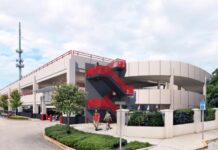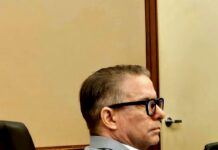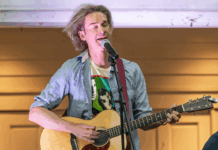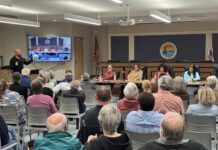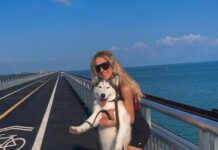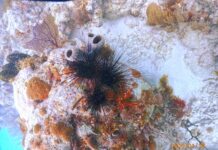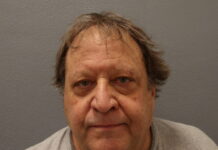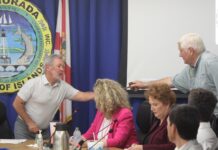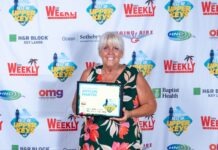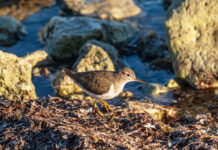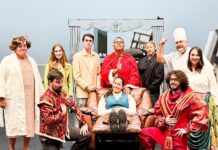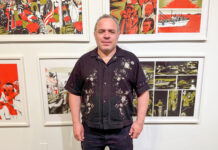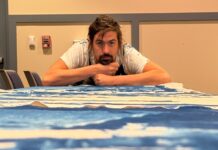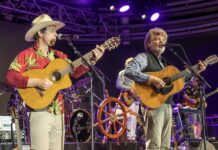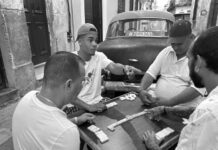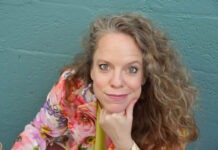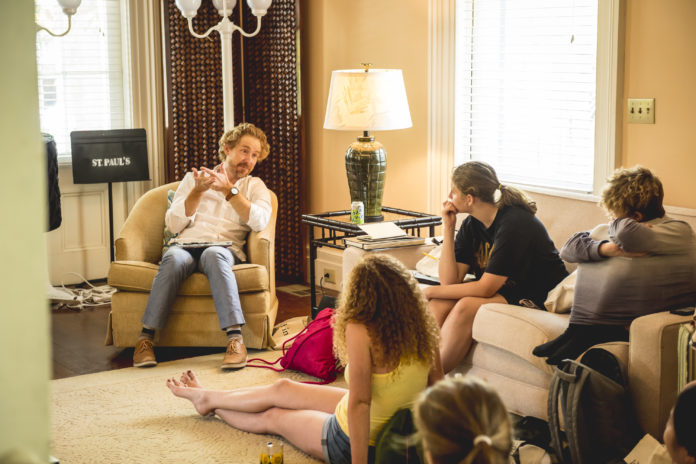
“It seems so unfair to have us all here brown and fat and bicycling around in the sunshine and to have you in what must be a dreary, slushy New York,” a young Elizabeth Bishop writes from Key West in 1939. Bishop, along with a parade of other famous writers (ahem, Hemingway), cement Key West on the map as one of the most desirable adopted homes of the literary elite. Yet it’s rarer that those born and bred here see it as the place to drop their artistic anchor. Arlo Haskell, director of the Key West Literary Seminar, is one such writer, and he’s on a mission to impart a sense of literary engagement on the next generation of Conchs. The inaugural Young Writers Studio, from June 25-29, was a Key West Literary Seminar offshoot for local students to study with great writers and see their hometown through fresh eyes.
“I think it’s hard not to take the place you live and grow up in somewhat for granted,” said Haskell. “You don’t see it as unique; it’s just the circumstances you’re given.” He recounts his matriculation at Bard College, where he was introduced to the poetry of Bishop, who saw the Keys not only as special, but spectacular. “I thought: this is material that has been used to great effect by important writers.”
The Young Writers Studio theme was “Island in the Works.” Twelve students from Keys high schools, ages 15 to 17, made up the first class of YWS. They visited familiar sites, like the Dry Tortugas and the Key West Aquarium, and engaged in “generative writing exercises,” encouraging them to see the town anew. Before the program, students receive selected works of four former Key West-based writers: Elizabeth Bishop, James Merrill, Wallace Stevens, and Ernest Hemingway. The texts range from poetry to journalism, notably Hemingway’s “Who Murdered the Vets?” a screed against the U.S. government for abandoning veterans in Keys work camps during the 1935 Labor Day hurricane. More than 400 people perished, and Hemingway’s indignation rings true in today’s post-Irma Keys.
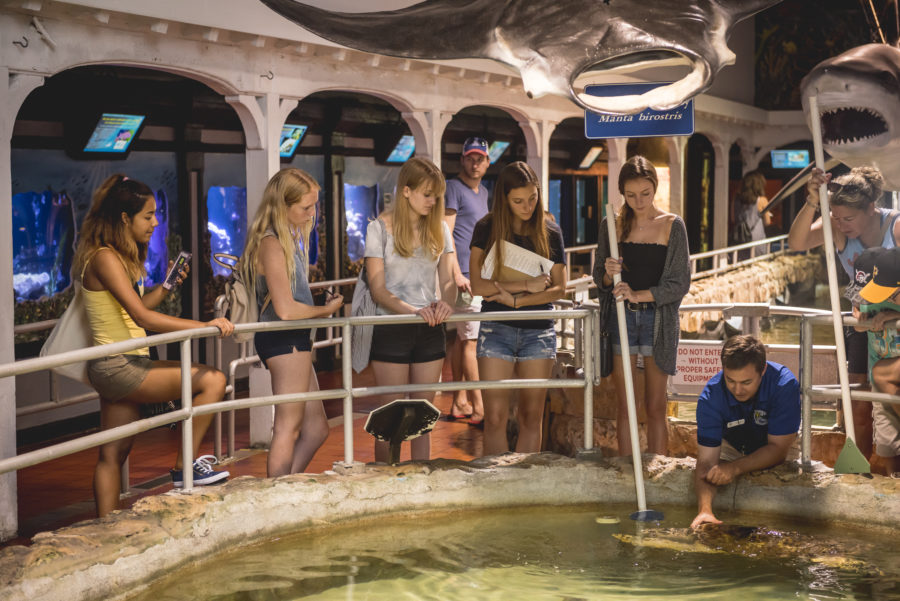
“This has been a dream of mine for five or six years,” Haskell says. “I want kids that grow up here to get a literary education or set of opportunities that they may not get in school. I’m not knocking our schools, but locally, statewide, and nationally, we’re often teaching to test. … It doesn’t allow kids to develop their imagination and creative powers.”
Haskell also caught a proverbial big fish to teach the “master class” of YWS: Victor LaValle, an associate professor at Columbia University’s Graduate School of the Arts and, most recently, author of “The Changeling.” A visiting writer at past Key West Literary Seminars, LaValle is “an accessible and generous person, which doesn’t always go hand in hand with literary brilliance,” said Haskell.
LaValle is also a “hometown boy” of sorts, writing and raising two children with his wife, the writer Emily Raboteau, in his native Queens, New York. He describes encountering Key West initially: “I felt great warmth—and envy—for the sense of the literary community on the island.” LaValle says, “One of the things about Queens that may be somewhat like Key West is that … there’s really a good chance that if you’re from there, you are overlooked for the flash of people passing through. … So treating the hometown kids like they might make the mark in the way these other writers did – or have the right to – struck me as a really vital gift.”
LaValle taught a craft class, focusing on one element each day, in hopes of developing skills that “will be useful over time instead of over one story.” It’s the first time he’s worked with high schoolers in 18 years. “It’s been heartwarming and surprising to see how quickly they are turning into teammates, and pushing each other, and asking questions I wouldn’t immediately assume they would think to ask, pushing their story idea to another level of complexity,” he said. “I am very excited to have a part in the inaugural year of it and play whatever part in helping these kids write. But they were going to do it anyway. There’s a lot of local talent.” Some might say it’s in the water.
